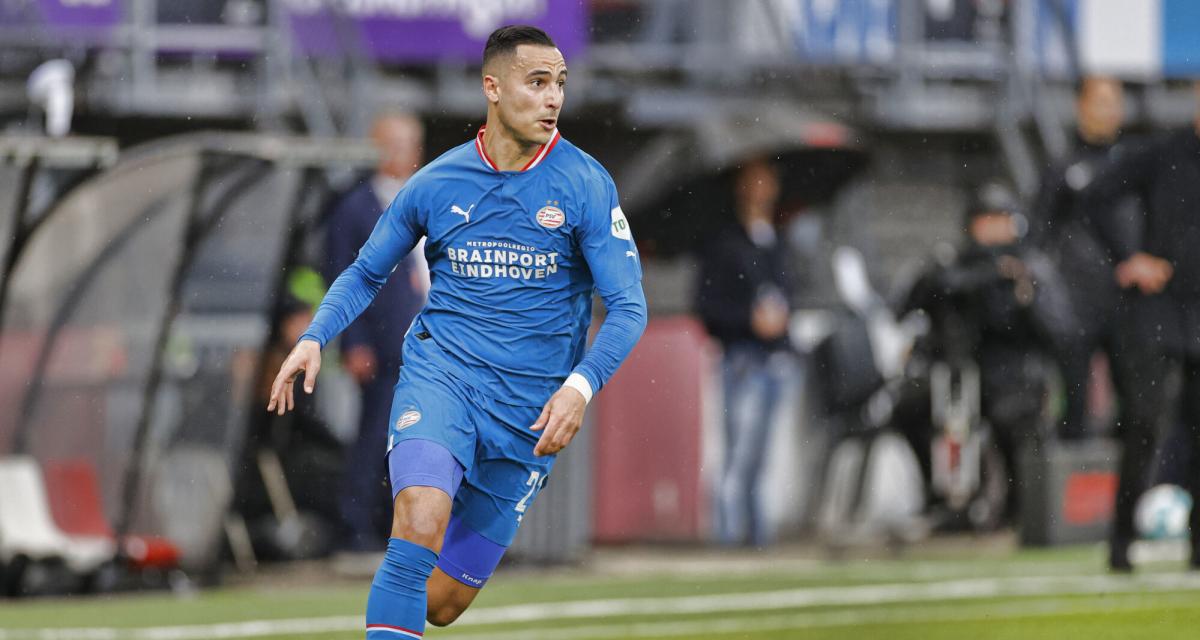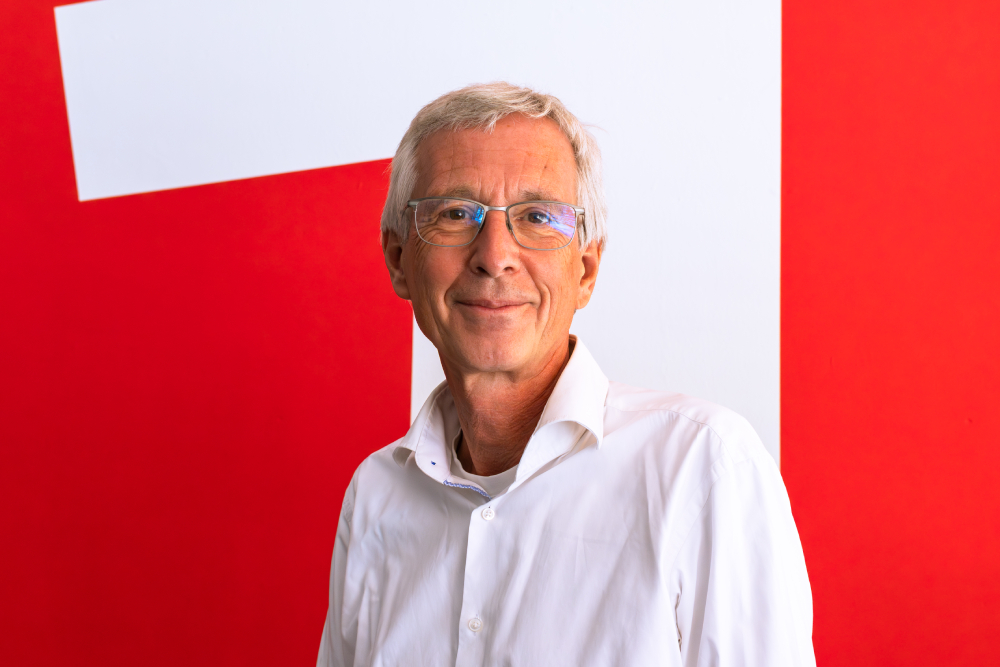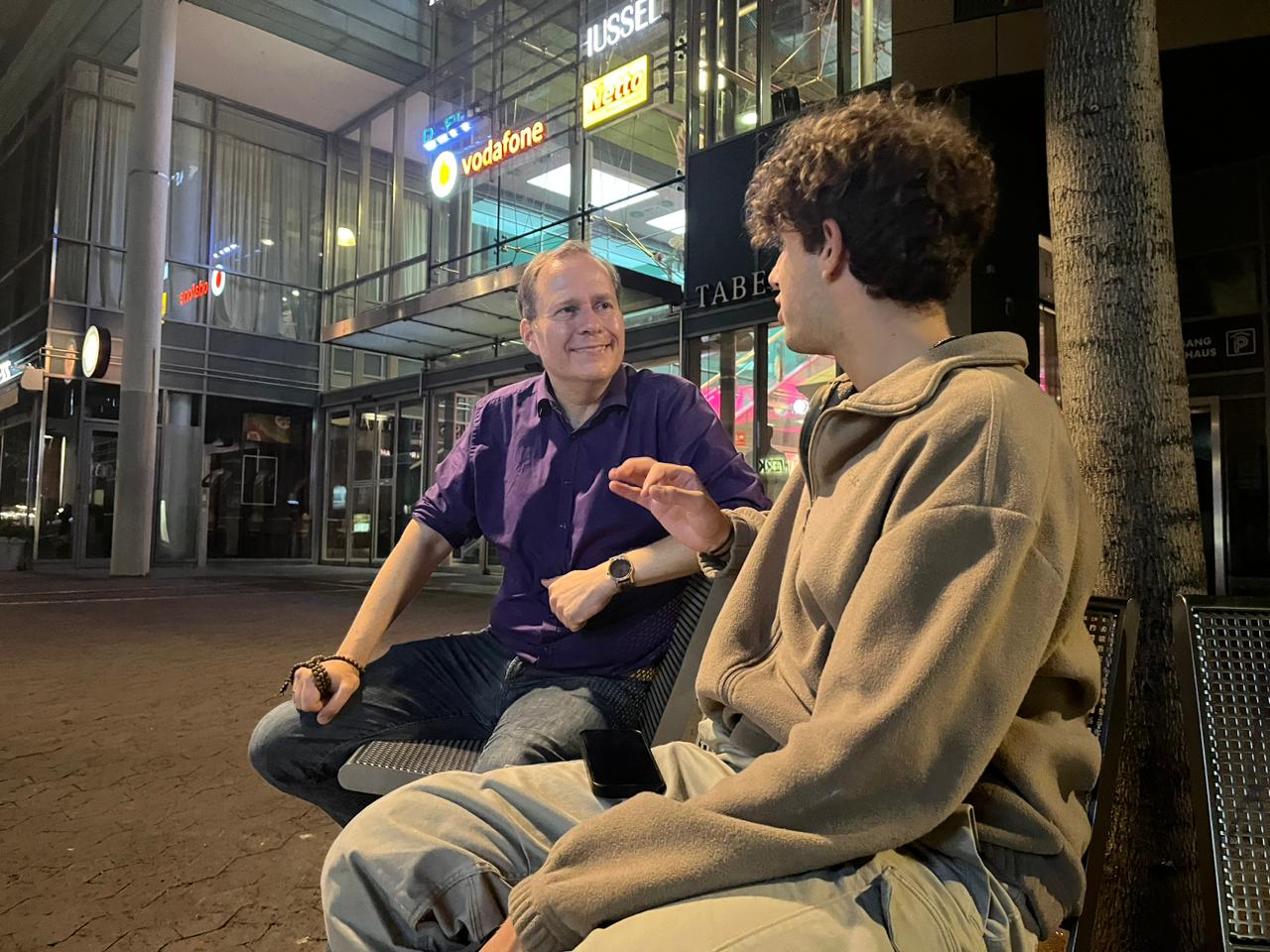Is it dangerous to be an activist ?
.jpg)
Taking a stand in Mainz today can bring both opportunities and challenges. Speaking openly portrays honesty and conviction, yet it also risks provoking reactions that are not always measured or reasonable. This reality invites the question: what is the price of speaking up?
Political commitment can embody courage and principle. In practice, however, it can also complicate careers, reputations, and a sense of security. To speak politically in Mainz means stepping into public view in a society that responds strongly sometimes.
The risks are not theoretical. Contracts can change overnight, online debates escalate, and criticism turns personal. Yet silence also carries weigh. Some see it as self-protection but others as abdication. That is why many in Mainz live with this balance daily: is it worth it to speak?
A Career Stopped Mid-Play
A well-known example came in late 2023, when professional footballer Anwar El-Ghazi faced consequences of sharing a pro-Palestine statement on social media during the height of the Gaza conflict.
What began as a personal opinion quickly grew into controversy. His club, FSV Mainz 05, suspended him, claiming his post conflicted with its values. By November, his contract was terminated. The decision not only reshaped his career but also fueled national debate about political expression in sports.
The case ended with compensation for El-Ghazi, after the club acknowledged missteps in how it handled the affair. Yet the lesson was clear: one act of political expression can carry a heavy price, demonstrating how swiftly personal statements can collide with professional life.

El-Ghazi’s story raises a broader question: does political commitment in Mainz inevitably lead to backlash? The answer emerges in the experiences of others active in the city’s civic life. A striking example is the anti-fascist group Omas gegen Rechts (“grandmothers against the right”). Their activism is fueled by moral courage but not free from risk. “Confrontation is part of it,” one woman explains. The grandmothers are often approached by people with hostile or racist views. They handle this collectively: “Nobody stands alone in a heated discussion. And if things get too aggressive, we stop. Safety comes before endless argument.”
While direct hostility in Mainz is limited, the women encounter harsh online abuse instead. “The insults and hate mails can be brutal—dehumanizing, really,” another recalls. They are also aware of stereotypes; some dismiss them as irrelevant, others mock their age, and far-right parties like the AfD openly target them. Yet they interpret criticism as recognition: “If they attack us, it means they’ve noticed us.”
"Don't let other people trigger you"
Fear of escalation is always present. “We talk about fear instead of hiding it,” one grandmother says. “No one is forced to do anything they don’t want to do.” Some avoid public demonstrations, supporting the group from behind the scenes, and they take care not to publish private information.
In the end, each sets her own limits. A blind member once remarked: “I’ll keep going as long as I feel I can defend myself.” But for all of them, fear is not an excuse for silence. As one puts it: “German Angst tells you to stay home. We choose to show a little bit of courage.”
Backlash in the Political Scene of Mainz
The reflections of Eckart Lensch, a long-time Mainz politician, add another perspective. Lensch, a Social Democratic council member and former city social affairs director, gave up his medical career after thirty years to devote himself fully to politics. That decision carried professional sacrifices but did not expose him to the level of hostility other activists sometimes endure.
Criticism and opposition were routine, but they stayed within the bounds of democratic debate. He never faced personal threats, nor were his family or private life targeted. Still, party affiliation occasionally shaped how neighbors or acquaintances judged him, creating reputational burdens he accepted as part of the role.

Lensch drew a firm line at family safety: “If my relatives had ever been attacked, I would have stepped back immediately.” He also observed that backlash depends on the type of political work: single-issue activists often face sharper opposition, while mediators encounter less hostility.
Importantly, he emphasized the character of Mainz itself. Compared to larger cities like Berlin or Cologne, Mainz remains calmer, with fewer aggressive confrontations. In decades of service, he saw little evidence of hate or violence against local colleagues. His conclusion: the risks of political commitment are real but measured. In Mainz, the price is more often career sacrifices or stereotypes than threats to personal safety.
The Reality of Other Activisms
The testimony of Tobias Trapp, chairman of Rainbow Refugee Minds, adds another layer. Founded in 2015, his organization supports LGBTQ refugees by offering safe spaces, counseling, and public platforms at events like Pride.
For Trapp, the greatest challenge came early on. “We had to explain the specific vulnerabilities of LGBTQ refugees again and again—to authorities, to camps, to other organizations,” he recalls. It took years of repetition before recognition followed. In his view, the price of activism was persistence: “You need the patience to tell the same story a thousand times until people finally understand.”
He also acknowledges hostility. Far-right groups, especially the AfD, often attempt to defund progressive NGOs or stir suspicion against them. In Germany, some refugee advocates have even received death threats. But Rainbow Refugee Minds itself has not faced such dangers.
Why? Trapp credits the city’s tolerant climate. “The rainbow flag still flies at the central station. Mainz is open-minded, and that protects us.” Just as important is his group’s approach: focusing on facts, telling personal stories, and letting refugees speak for themselves. His personal strategy is straightforward: “Don’t let other people trigger you.”

The Science of Backlash
Research in political sociology shows that even in liberal democracies, activism carries hidden costs. Political scientist Ruud Koopmans (2021) found that outspoken minorities (climate activists, refugee advocates, far-right groups) often face “social sanctions.” These are not formal punishments like arrests, but subtler penalties: job loss, reputational damage, or online harassment.
Other studies highlight the “chilling effect,” the tendency to self-censor out of fear. A 2022 survey by the German Centre for Integration and Migration Research found that over one-third of respondents admitted holding back opinions on controversial issues, concerned about social or professional fallout. Silence, in this sense, is often less a choice than a response to anticipated costs.
My Own Line Between Fear and Courage
Reporting on these stories forced me to reflect on my own position. Would I risk my job, reputation, or safety for a cause I believe in? The easy answer is “yes,” but the more honest answer is complicated. Like many in Mainz, I feel the pull of caution. Posting online can spiral into conflict I don’t want. Speaking at university might change how classmates see me.
Yet everyone I spoke with reminded me that silence also has a price. The grandmothers see criticism as proof their voice matters. Tobias Trapp believes persistence itself is the cost of change. Eckart Lensch made clear that politics reshaped his life but never led to regret.
Their words leave an uncomfortable truth: courage and fear always coexist. Political commitment in Mainz is not about escaping either, but about living with both. There is indeed a price to speaking up. But here in Mainz, as these voices suggest, the greater danger may lie in saying nothing at all.
Text : Alex Tsekouras / Photos : Maëlle Laurent & Icon Sport
